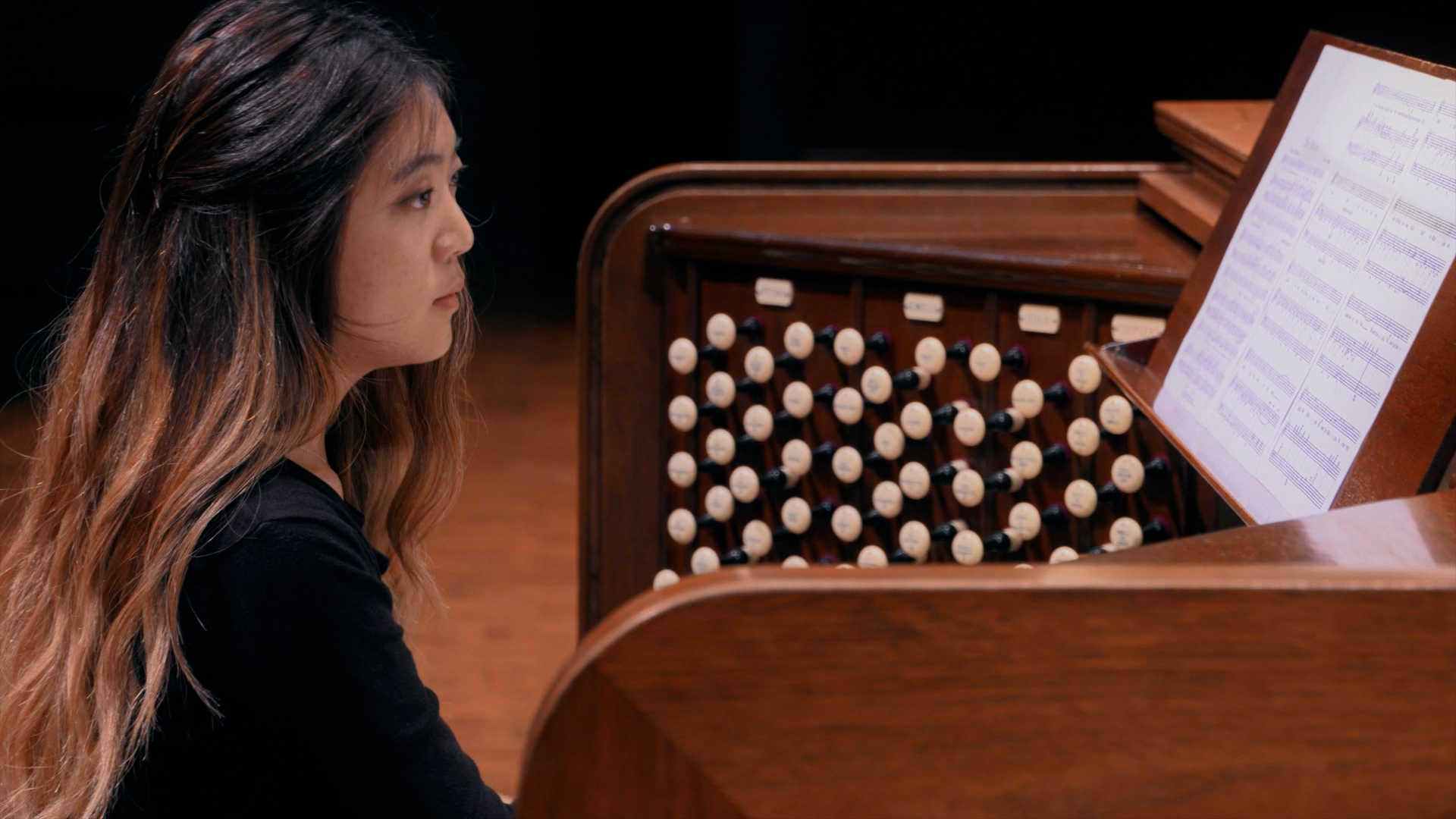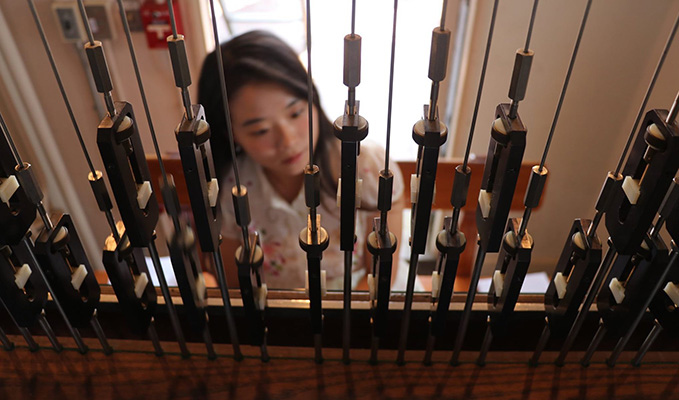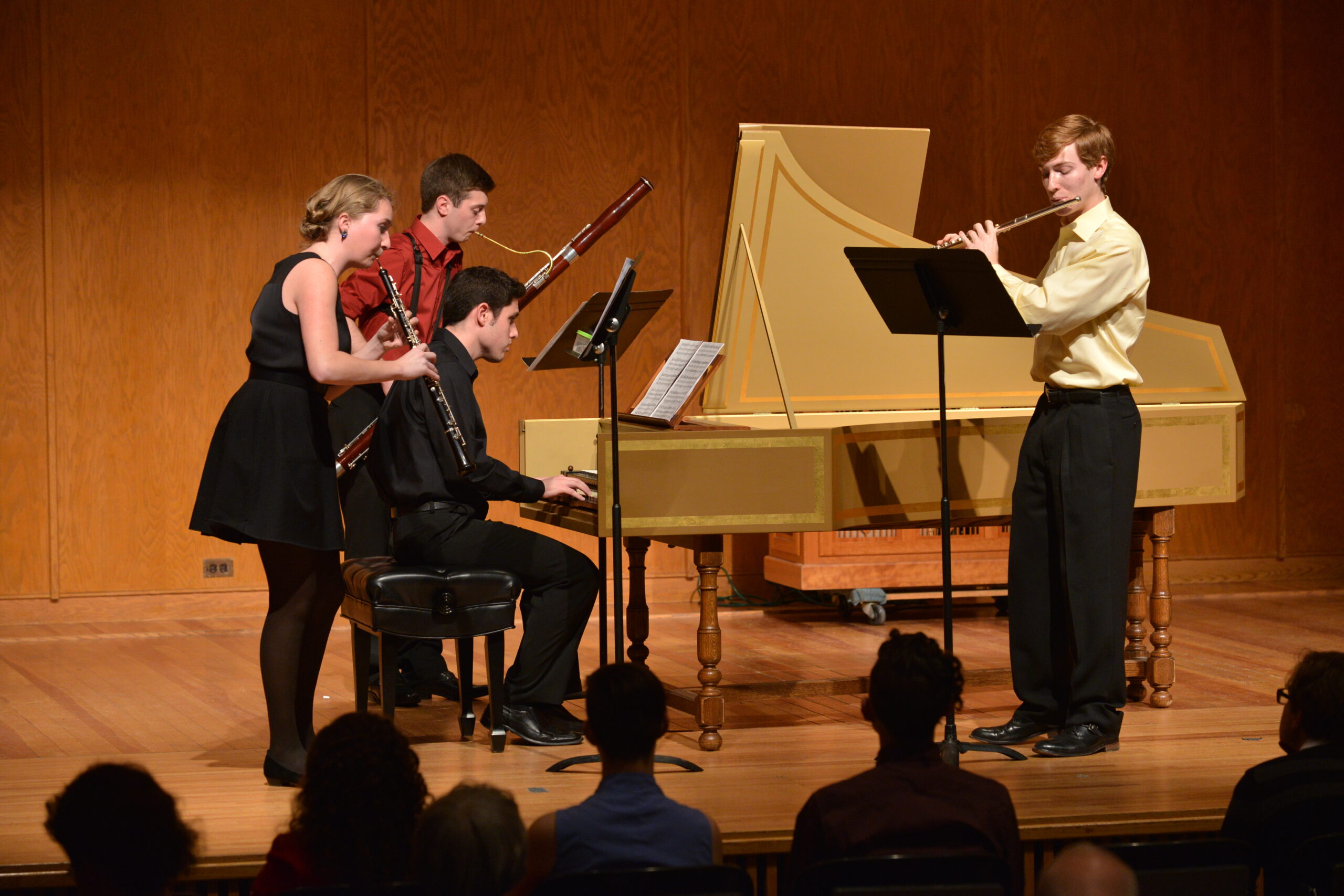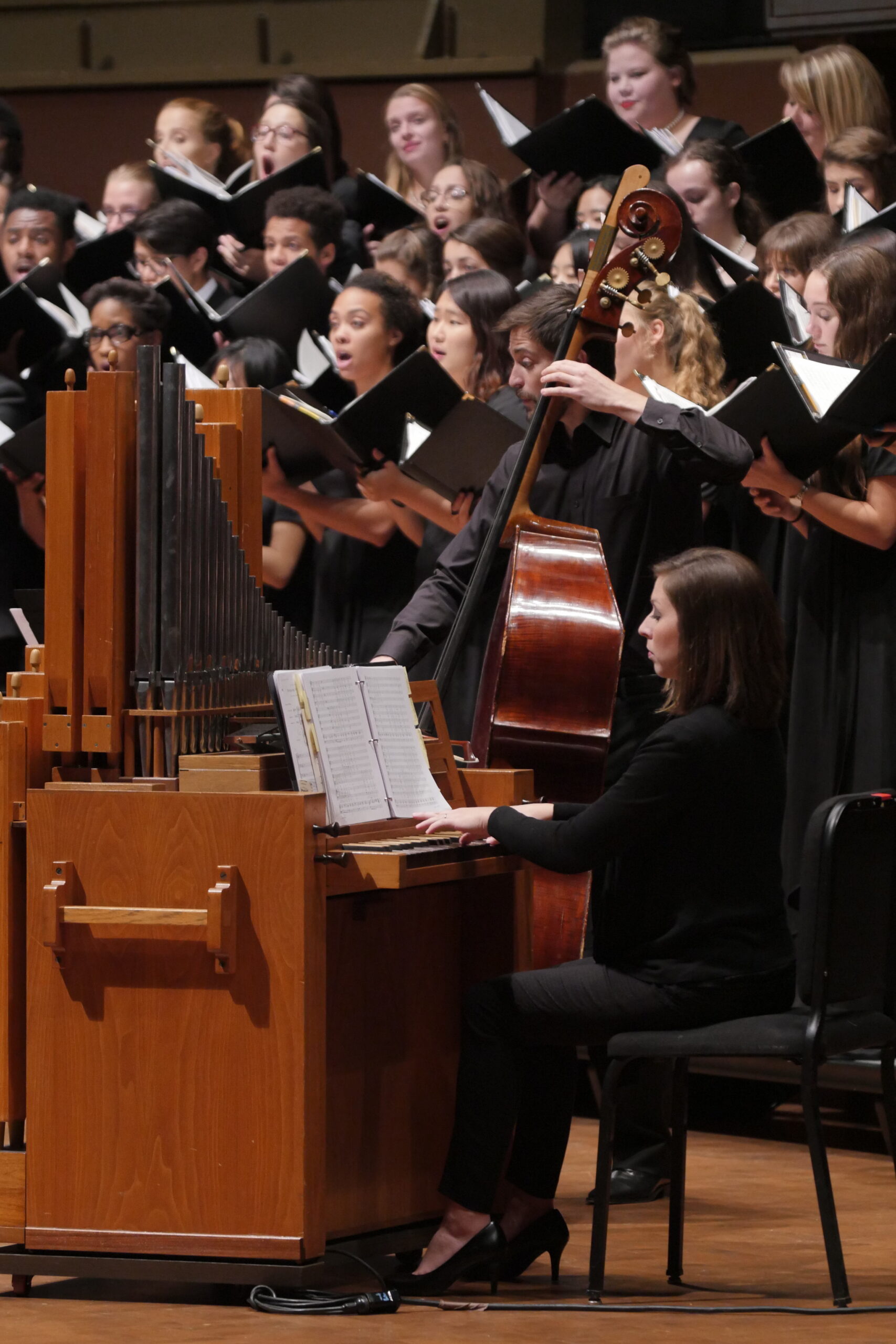Bachelor of Musical Arts in Performance, Voice
Designed for students who want the flexibility to pursue more coursework within the liberal arts in addition to an education in music. This is an interdisciplinary degree with a larger commitment to liberal arts.
Curriculum
The Bachelor of Musical Arts in Performance: Voice requires a minimum of 120 credits: coursework is approximately 50% within SMTD and 50% within the liberal arts. The liberal arts coursework can be tailored to a student’s specific interests. Students will elect either a performance or multidisciplinary track. SMTD coursework to include:
Performance Track
- Private lessons
- Music Theory
- Musicology
- Ensemble participation: at least two terms of band, orchestra, or choir; two additional terms of any
- ensemble
- Piano
Multidisciplinary Track
- Private lessons
- Music Theory
- Musicology
- Ensemble participation: four terms of at least two different ensembles
- Piano
- Performing Arts Technology
Silent Advisor
Degree requirements and term-by-term layout for current students.
Faculty
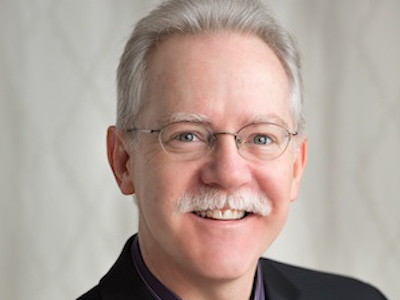
Timothy Cheek
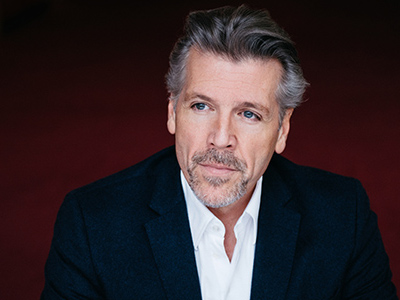
Thomas Hampson
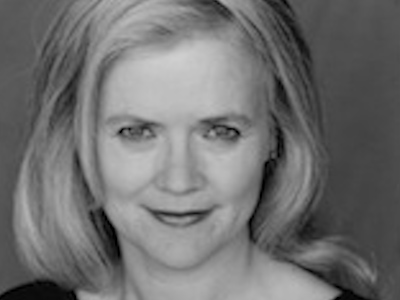
Freda Herseth
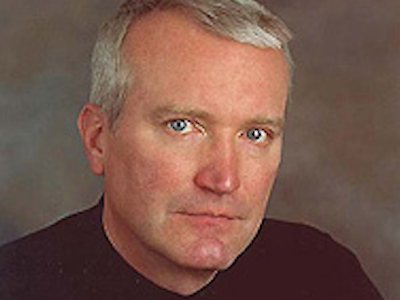
Stephen Lusmann
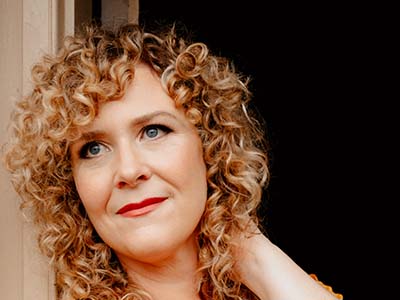
Caitlin Lynch
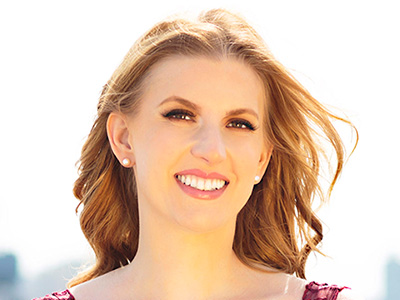
Amanda Majeski
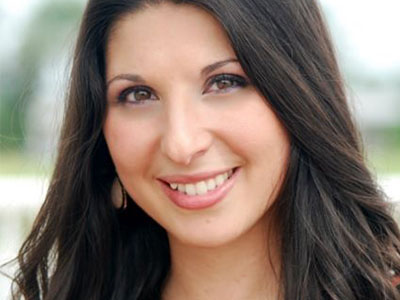
Rose Mannino
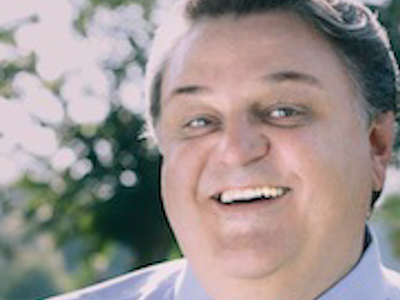
Stanford Olsen
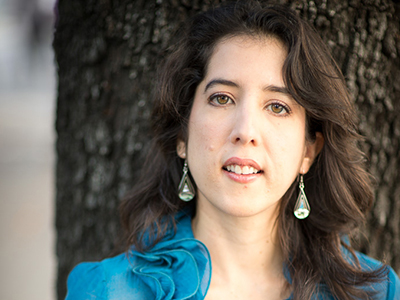
Ana María Otamendi
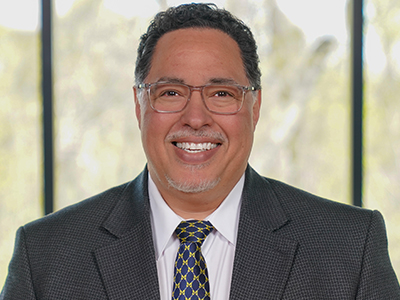
Scott Piper
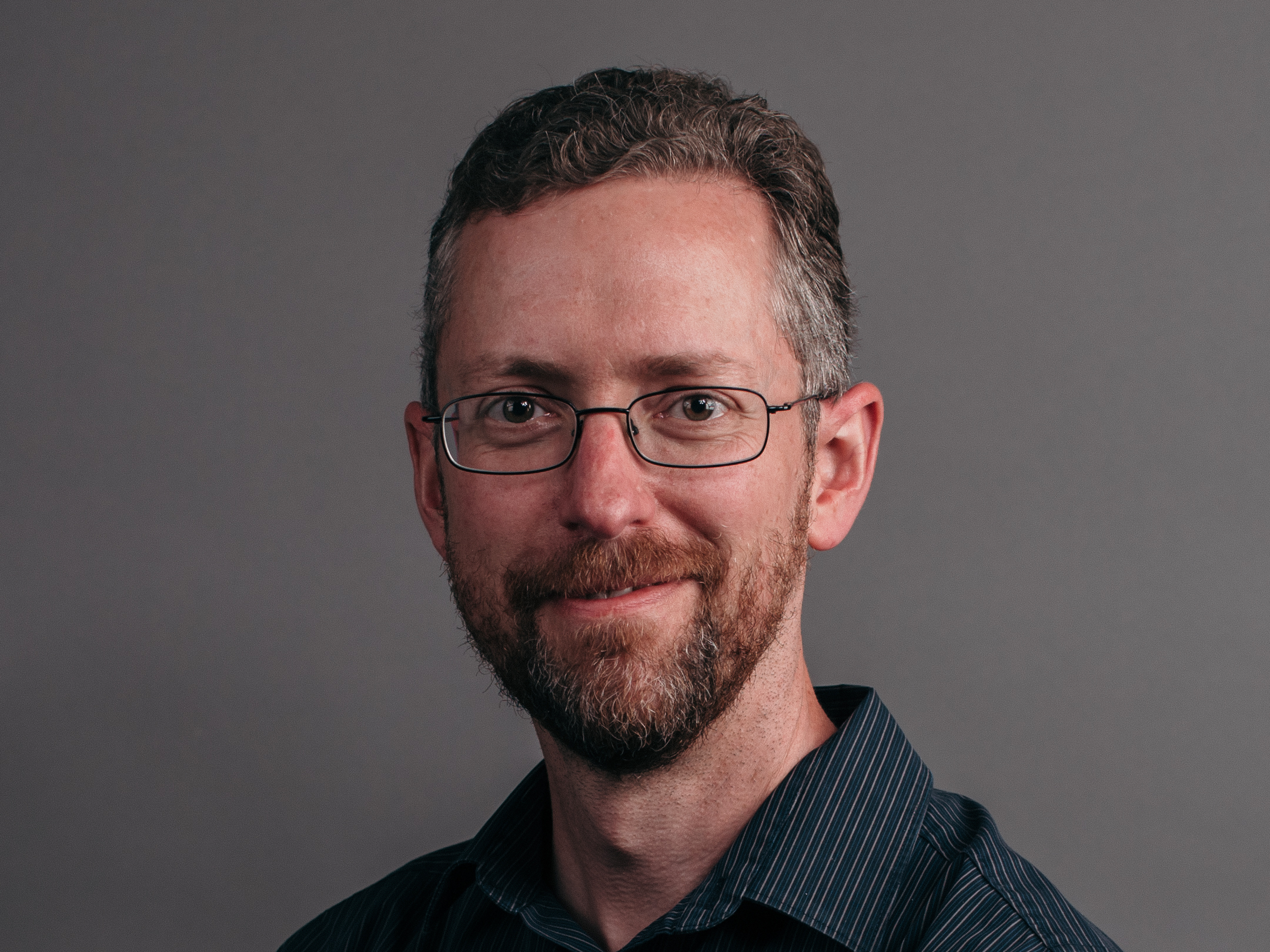
Kirk Severtson
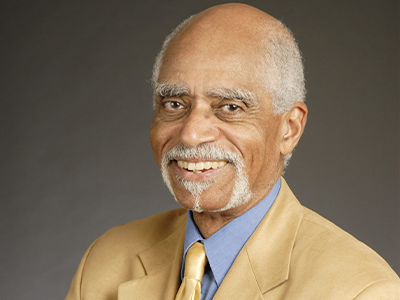
George I. Shirley
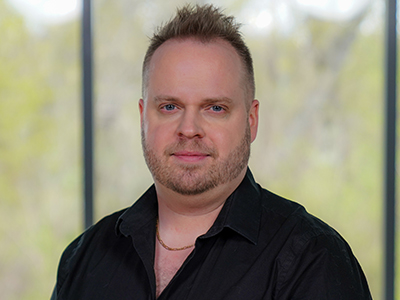
Matthew Thompson
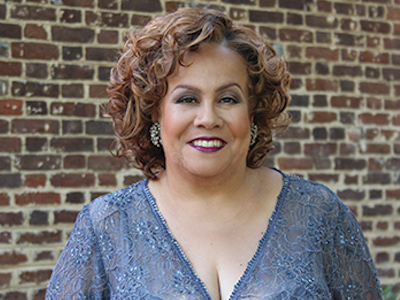
Louise Toppin
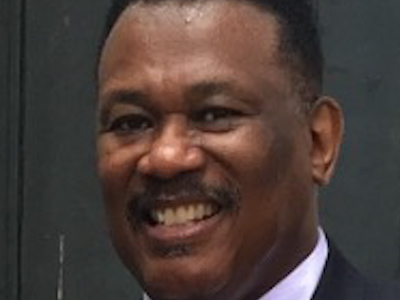
Daniel Washington
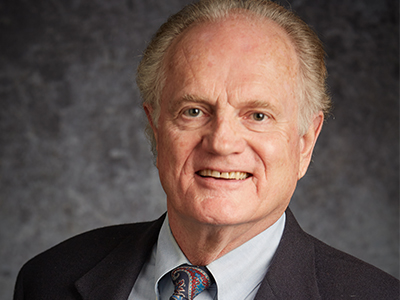
Stephen West
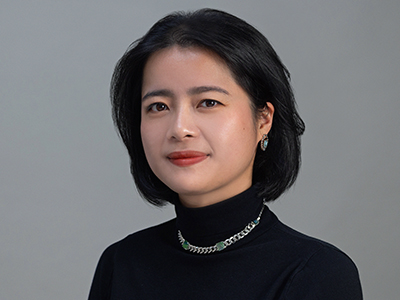
Mo Zhou
Performance Opportunities
From large ensembles in celebrated concert halls to chamber groups in intimate recital spaces, performance opportunities across all disciplines abound, with nearly 900 student performances each academic year. Whether your focus is on early, classical, or contemporary music, whether your passion is for jazz, electronic, or world music, there is an ensemble—or in many cases, multiple ensembles—to suit your interests, including specific opportunities for percussion, piano, and organ & carillon. For students in theatre & drama, musical theatre, dance, and opera, opportunities abound in both professionally produced and student-run presentations.

